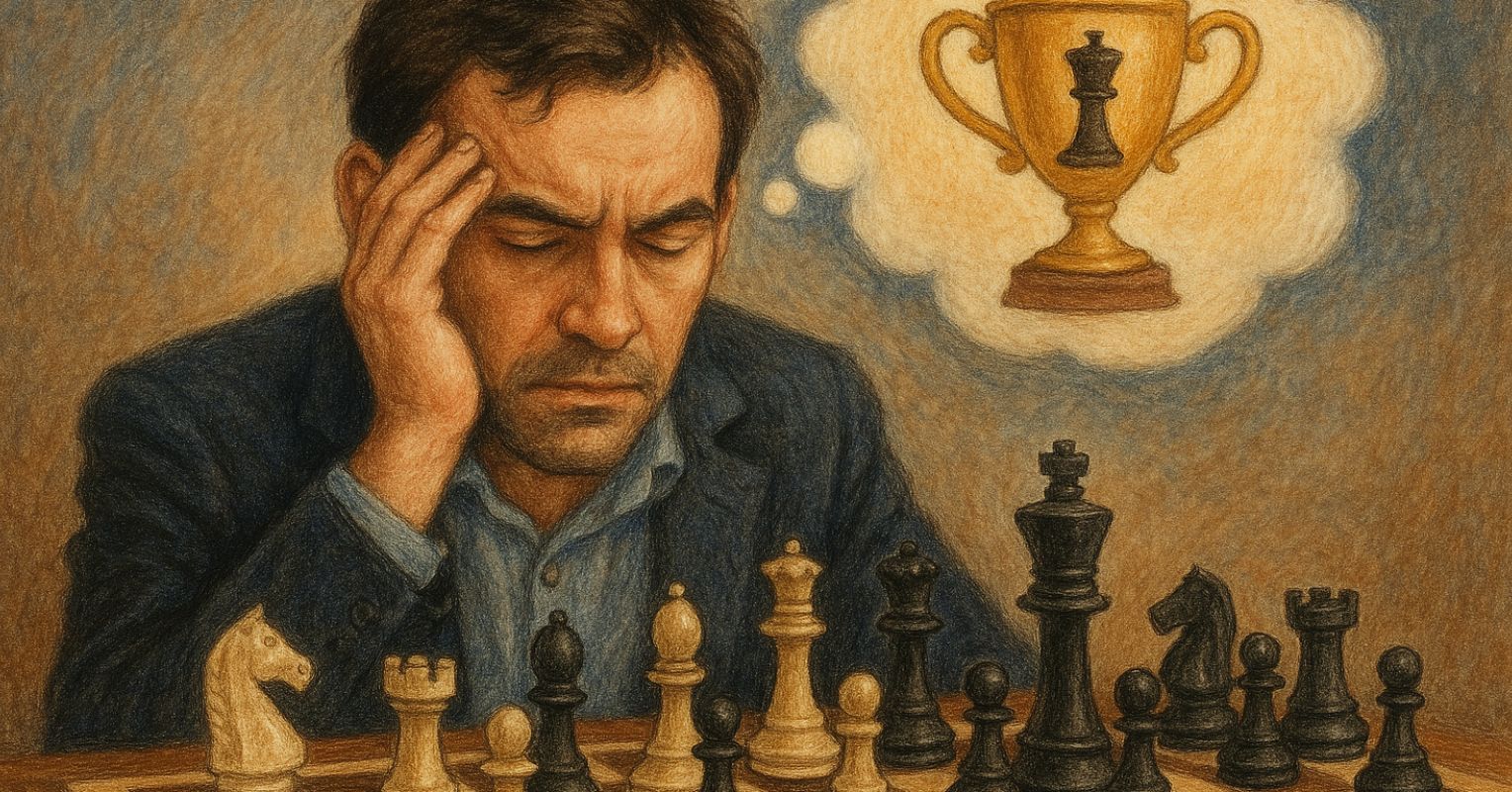
"On top of the general finding of overconfidence, there is also the well-known Dunning-Kruger effect, which finds that the less competent a person is in a domain, the more overconfident they tend to be. There are many explanations for why the worst performers might be the most overconfident, including a lack of awareness of what truly expert performance really entails."
"There have been some concerns about the validity of both overconfidence in general and the Dunning-Kruger effect in particular. In many cases, for example, it is hard to tell whether people are truly overconfident, because it is hard to know what scale to use to judge their performance. In addition, in many domains, people don't get great feedback about how well they're doing."
People tend to be overconfident in their abilities, which can increase effort and sometimes improve chances of success but can also affect career and financial decisions. The Dunning-Kruger effect shows that lower-competence individuals often display greater overconfidence, potentially due to lack of awareness of true expert performance. Measurement challenges and poor feedback have raised concerns that apparent overconfidence or Dunning-Kruger patterns may reflect measurement artifacts. Tournament chess provides objective performance metrics and clear feedback. Evidence from tournament chess indicates persistent overconfidence and stronger overconfidence among the least skilled players, supporting these effects under objective measurement.
Read at Psychology Today
Unable to calculate read time
Collection
[
|
...
]